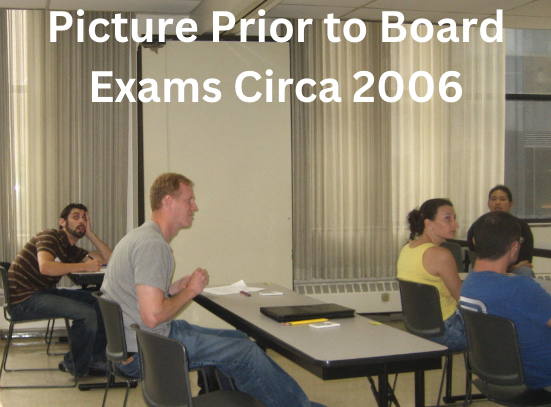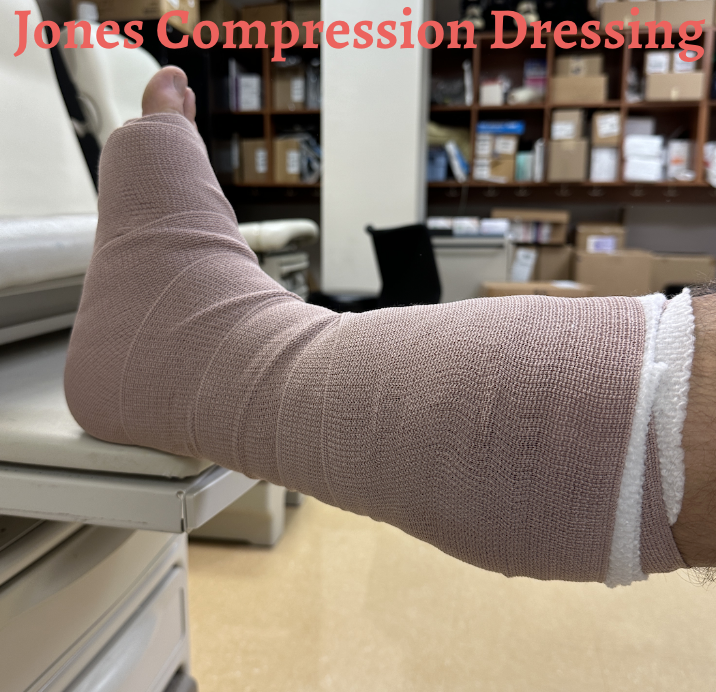Authored by Dr. Leland Jaffe; Associate Dean and Professor; Published on April 23rd, 2024
As you enter the next chapter of your life following graduate school, making sound personal finance decisions can have a profound impact on your future financial health. Hindsight is 20/20, and I would have certainly made some different decisions about my personal finances if I could go back in time. I don’t pretend to be a financial advisor, but I do think I could share some personal financial anecdotes and helpful resources that could help improve financial literacy for graduate students.
1. Create a Budget:
Developing a budget is a cornerstone of financial success, providing a roadmap for managing expenses, saving for goals, and avoiding unnecessary debt. Track your income and expenses carefully, distinguishing between essential costs (such as rent/mortgage, groceries, and utilities) and discretionary spending (such as dining out or entertainment). Look for areas where you can cut back or make adjustments to align your spending with your financial priorities, especially as you’re paying down your student loans.
2. Build an Emergency Fund:
An emergency fund serves as a financial safety net, providing peace of mind and protection against unexpected expenses or income disruptions. Aim to save three to six months’ worth of living expenses in an easily accessible savings account. Start small if necessary, but make regular contributions to your emergency fund a priority to build financial resilience over time gradually. I would recommend saving into a high-yield savings account, as your cash has the potential (in 2024) to earn between 4-5% interest!
It is crucial to have an emergency fund because life is unpredictable, and unexpected urgent financial needs can arise at any time, such as medical emergencies, car repairs, or sudden job loss. Without an emergency fund, individuals may be forced to rely on credit cards, loans, or other costly forms of borrowing to cover these expenses, leading to debt accumulation and financial strain. Having a dedicated fund set aside for emergencies allows you to weather financial setbacks without derailing your long-term financial goals.
Additionally, an emergency fund provides financial security and stability, empowering you to navigate life’s uncertainties with confidence and resilience. If you have a double-income household and you’d have an easy time finding a new job (in the case of a job loss), you can likely get away with a 3-month emergency fund. If you have a single-income household, a 6-month emergency fund might be a smarter decision. Also if you live in a high cost of living part of the country, having more savings might be a good idea.
3. Invest in Your Future:
It’s never too early to start thinking about retirement planning. While it may seem daunting to think about retirement as a new graduate, starting to invest early can have significant long-term benefits. Take advantage of employer-sponsored retirement plans, such as 401(k) or 403(b) accounts, if available, and contribute enough to qualify for any employer-matching contributions- this is FREE money with a 100% return.
Additionally, consider opening an individual retirement account (IRA) or exploring other investment opportunities to diversify your portfolio and build wealth over time. The earlier you start saving, the more opportunity your money has to grow over time. As said by The Money Guy Podcast, “Time in the market is more important than timing the market”, so you should always be buying in! Don’t worry about the daily fluctuations in the stock market, especially if it is decades. until you need to access these investment accounts. Over time your invested money should compound and grow!
4. Seek Financial Education and Resources:
Take advantage of financial education resources and opportunities available to you as a graduate student. Attend workshops, seminars, or webinars on topics such as budgeting, investing, and debt management offered by your university or professional organizations. Exploring reputable financial websites, podcasts, or books for additional guidance and insights tailored to your specific financial goals and circumstances is a good idea.
5. Live like a resident (even after graduating residency):
Living like a resident after residency graduation can provide significant financial benefits, especially when it comes to paying down debt. By continuing to live frugally and keeping expenses low following your graduate education, you can allocate a larger portion of your income toward debt repayment. This approach allows you to aggressively tackle student loans, credit card debt, or other financial obligations, accelerating your journey toward financial freedom. Additionally, adopting a modest lifestyle early on can help graduates avoid lifestyle inflation and establish healthy financial habits for the long term. While it may require some sacrifice in the short term, your future self with thank you profusely!
6. Understand Your Student Loans:
For many graduate students, student debt is a reality that must be managed strategically. Take the time to understand the terms of your loans, including interest rates, repayment options, and deferment or forbearance opportunities. The office of student financial aid at your institution should be able to provide you with education regarding your student loan repayment and terms. Consider creating a repayment plan that aligns with your financial goals and budget, and explore options for loan consolidation or refinancing to lower your monthly payments potentially. I would recommend living well below your means to prioritize paying down debt and saving for the future. One of the best ways to generate wealth is to utilize compounding interest so that your money can work as hard as you do. Better financial decisions at a younger age will certainly have a significant positive impact later in life.
7. Make sure to be cautious, or even fearful of consumer debt:
Consumer debt can lead to long-term financial stress. Being fearful of consumer debt is prudent because it can easily spiral out of control, leading to a cycle of borrowing, high-interest payments (most credit cards have 20% or higher interest rates), and mounting balances. Unlike investments that may appreciate over time, consumer debt typically accrues interest and depreciates, burdening you with additional financial obligations. Furthermore, excessive consumer debt can negatively impact credit scores, limiting access to future financing options and increasing borrowing costs. Fear of consumer debt can motivate individuals to exercise restraint, prioritize needs over wants, and adopt responsible spending habits to avoid the pitfalls of debt accumulation.
8. Build A Good Credit Score –
A credit score plays an important role in an individual’s financial life, influencing your ability to access credit, secure favorable interest rates, and achieve various financial goals. The credit score reflects your history of managing credit and debt responsibly. A high credit score opens doors to better financial opportunities, such as qualifying for lower interest rates on loans, obtaining credit cards with attractive rewards and benefits (make sure to use these responsibly and pay off the balance each month), and even securing favorable terms on rental agreements or insurance premiums.
Advice from Dr. James Sang
For students, here are some of the things you should learn to do from a financial point of view:
- Take an inventory of assets (this would likely be money inventory for college students), create a reasonable/realistic budget (can use budget tracking apps), stick to the budget (live within their means), and track their expenses.
- Get a part-time job (while a student) or consider residual income generation opportunities on the side (while a resident) to help pay for expenses.
- Live frugally (such as buying used textbooks and entertainment on a budget) and learn to keep credit card debt down with on-time credit card payments (shop around for credit cards that are free or low in fees and use credit cards responsibly).
- Learn to save (automated saving, if feasible, can be a powerful tool) and open checking and high-yield saving accounts (be aware of fees and understand the power of compounding in terms of interest).
- For student loans, borrow only what you need (for students) and learn about student loan debt management strategies (for students and residents).
- Take financial planning / financial literacy / financial wellness courses to expand your financial knowledge.
- Take advantage of available discounts for students or through their employer (residents).
Financial Literacy For Graduate School Students – Conclusion:
By prioritizing financial literacy and adopting proactive money management strategies, graduate students can lay the foundation for a solid financial future as they embark on their professional lives. Making good decisions early in life is the best way to work towards achieving your financial goals later in life. Whether it’s understanding student loans, creating a budget, building an emergency fund, investing for the future, or seeking financial education resources, taking control of your finances empowers you to achieve financial freedom.
What are your favorite financial literacy resources to gain additional information? What steps have you taken to improve your financial situation? Please comment below!







